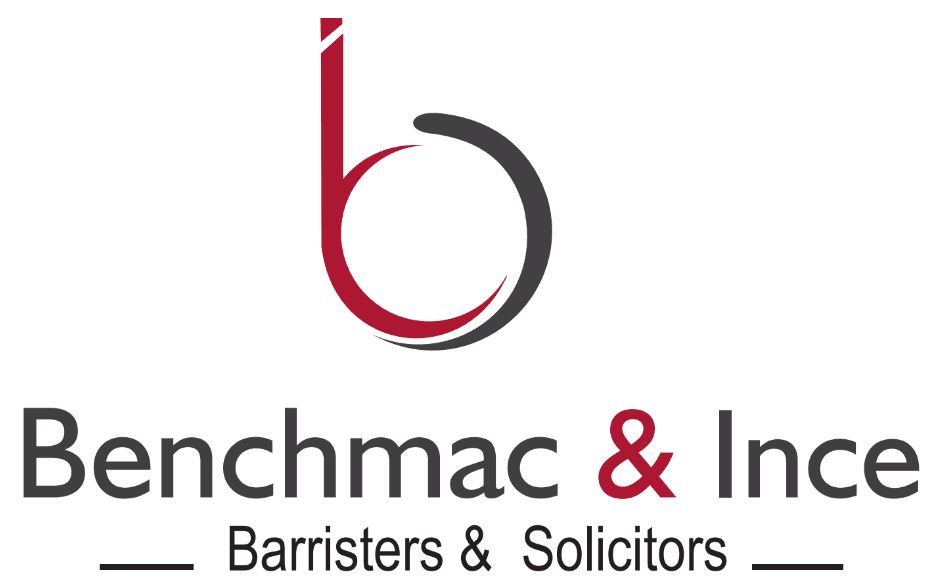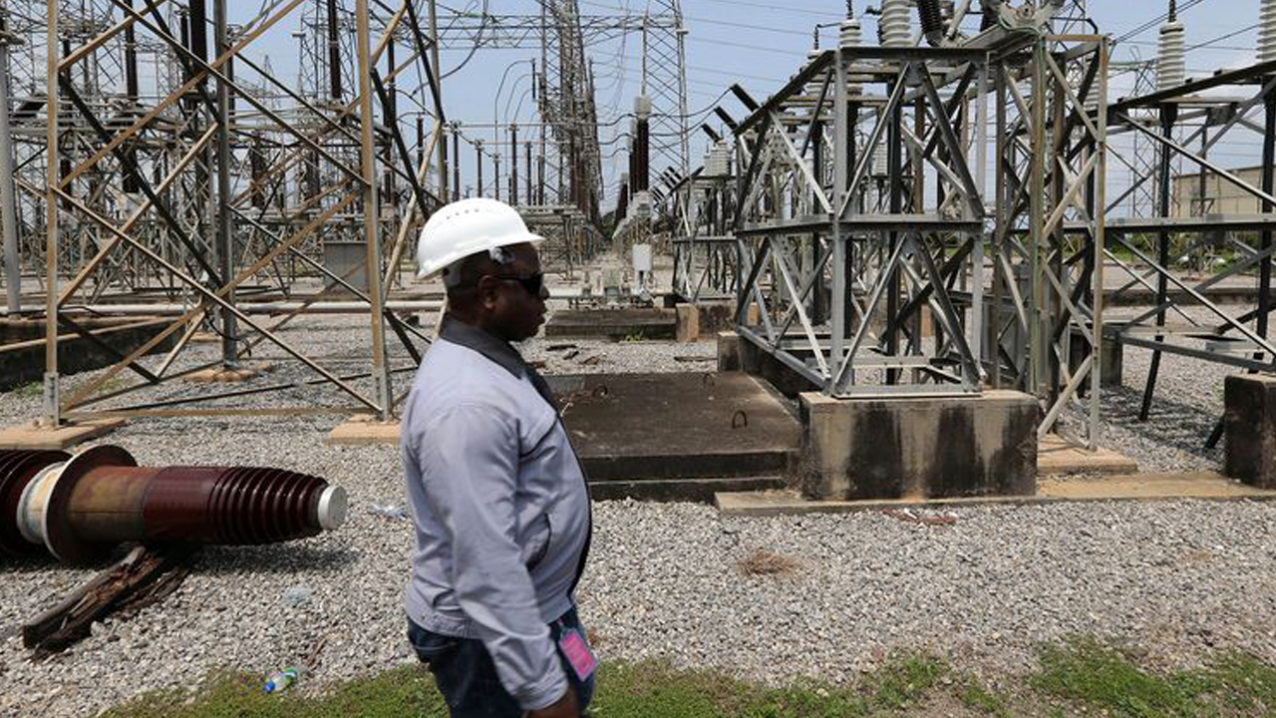This post is the first post of a 2-part series on The Impact of the ELIGIBLE CUSTOMER REGULATION 2017. Read Part 2
The then Minister of Power, Works and Housing made a declaration taking effect on 19 May 2017 which allows eligible consumers purchase electrical power from generating companies (GenCos), this declaration was in accordance with section 27 Electric Power Sector Reform Act (EPSRA) 2005.
That provision defines eligible customer as:
‘a customer that is eligible, pursuant to a directive or directives issued by the Minister under Section 27, to purchase power from a licensee other than a distribution licensee.’
In essence this means that the eligible customer as an end user can now side step the distribution companies and purchase power directly from the GenCos by entering into a Power Purchase Agreement.
Category of Eligible Customers
The Eligible Customers are divided into 4 (four) categories[1];
- Customers registered with the commission who consume more than 2MWh/h over a month and are connected to a metered 11kv or 33kv delivery point on the distribution network. This group would however be subjected to a distribution use of system agreement for the delivery of electrical energy.
- Customers registered with the commission to be connected directly to a metered 132kv or 330kv delivery point on the transmission network under a transmission use of system agreement for connection and delivery of electrical energy.
- Customers registered with the commission whose consumption is more than 2MWh/h over a month and is connected to a metered 33kv delivery point on the transmission network under a transmission use of system agreement and has entered into a bilateral agreement for construction, installation and operation of a distribution system with a distribution license.
- Customers registered with the commission whose consumption is above 2MWh/h over a month and is connected through a metered delivery point to a generation facility of a generation licensee intending to purchase electrical energy and has entered a bilateral agreement for the construction, installation and operation of a distribution system with a licence to connect customer to the generation facility.
Impact of the EC Policy Directive on the Nigerian Electricity Supply Industry (NESI)
The impact of this policy has been proclaimed to be beneficial to the NESI as it was created to solve the illiquidity in the power sector owing to the failure of the 11 Distribution Companies (DisCos) to adequately and effectively collect tariffs from the end users and remit the payments along the electricity chain.
This current liquidity crisis has led to a sector that is poor and unattractive for investments as investors seek areas where they can not only recover their capital cost but make a return on investments as well. It has also set off two major financial interventions by the government through the Central Bank of Nigeria’s Nigeria Electricity Market Stabilization Facility of Two Hundred and Thirteen Billion Naira (N213,000,000,000), and the CBN-NBET Payment Assurance Facility of Seven Hundred and One Billion Naira (N701,000,000).
The Eligible Customer policy directive hopes to break the crises by;
- Increasing cash flow which will address liquidity and revenue shortfall as customers can buy power directly from the GenCos who have stranded captive power which they are unable to supply to the DisCos due to poor transmission and distribution infrastructure.
- Introducing competition on the demand end of the market. With the eligible customers having the ability to purchase power this will introduce necessary competition at the demand end of the value chain by forcing existing DisCos to improve in their service delivery, customer relations, commercial divisions and thereby promoting and strengthening the NESI.
- Leading to a complete unbundling of the NESI thereby achieving a full competitive market. In order to meet the competitive market which is envisioned by NESI, the Eligible Customer directive needed to have been issued.
- Introducing efficiency on all the key players in the power sector. This will be discussed in broader details in the second part of this article This directive affects all the players in the power sector some much more positively than others.
- Creating an appropriate regime dedicated to serving the customers. Customers have borne the brunt of the Nigerian power conundrum by receiving inadequate power; this has led to the crippling of the economy especially for those into manufacturing and production of consumables. This policy seeks to open up the path for the customers to become king and enjoy a stable electricity regime.
- Introducing new forms of trading in the market. GenCos can sell directly to the eligible customers and those who were off-grid and captive power holders can also become suppliers to the eligible customer.
- Reducing technical and non-technical losses from bulk high voltage supply. Bulk high voltage supply comes with technical losses and the poor infrastructural facility only seeks to worsen the situation. When eligible customers can buy smaller amount of power directly from GenCos without the high voltage it would greatly reduce those losses.
Creating national economic development through the direct dealing of the customers with GenCos.
[1] Section 5 ECR 2017
The opinions in the articles are for general information purposes only and do not form a legal relationship or be taken as legal advice. To explore legal advice, please consult your solicitor or feel free to get in touch with us directly.


